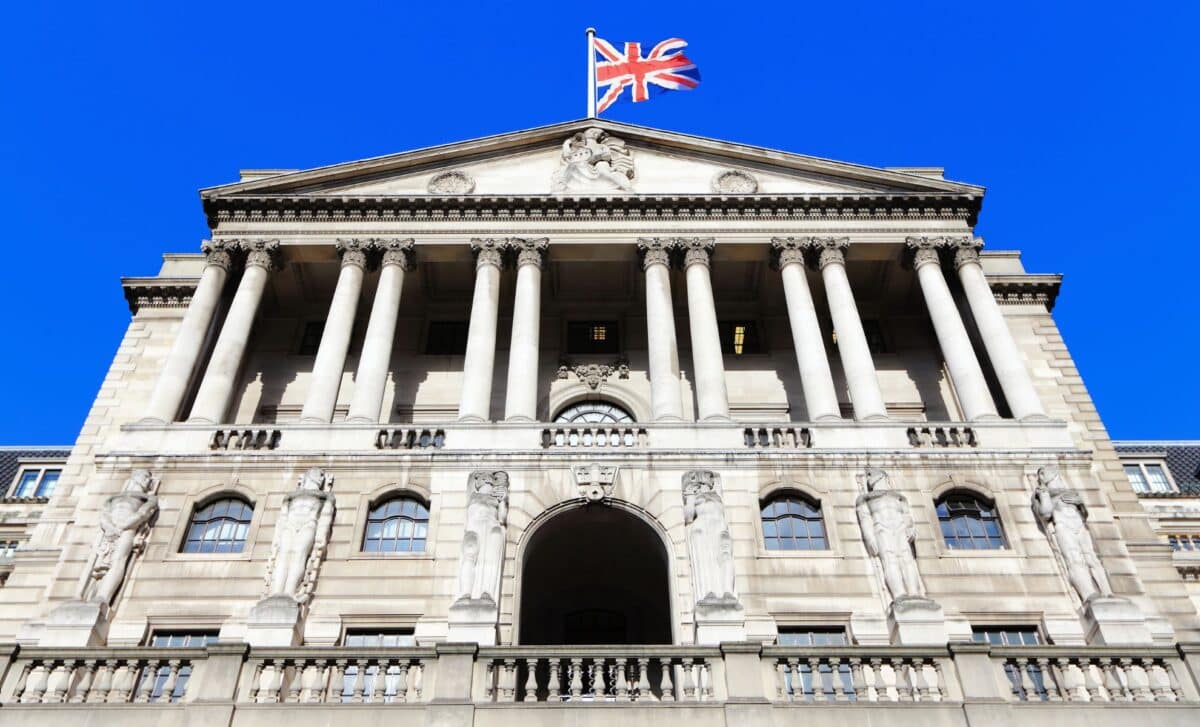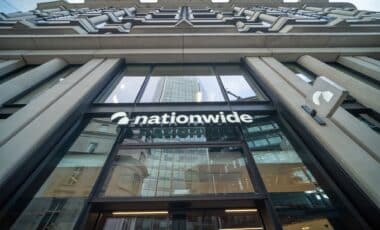Today, the Bank of England (BoE) is set to announce its latest decision on interest rates, with widespread expectations of a reduction for the fourth consecutive time. Policymakers face a challenging backdrop of a fragile domestic economy, heightened global trade tensions, and an ongoing inflationary dilemma.
The announcement is expected around 12:02 PM BST, following a brief delay to mark the 80th anniversary of VE Day. Current market forecasts indicate a 95% likelihood that the BoE will lower the benchmark rate by 25 basis points, from 4.5% to 4.25%.
While a larger cut is seen as unlikely, it remains within the realm of possibility, depending on broader economic factors.
Stagflation Risks and Economic Slowdown
The decision comes amidst a backdrop of global uncertainty, exacerbated by the US trade war under former President Donald Trump.
Analysts are concerned about the knock-on effects on global trade, particularly on UK economic growth. James Mashiter, a fixed-income portfolio manager at SEI, notes that the BoE is caught in a delicate balancing act, striving to stimulate growth without triggering runaway inflation.
Trade policy uncertainty remains a major concern for both businesses and consumers. Ranjiv Mann, senior portfolio manager at Allianz Global Investors, points to weak economic activity and rising trade tensions, which are impacting UK consumer and business sentiment.
The Bank has taken a cautious approach to policy in recent months, trying to maintain inflation targets while stimulating growth.
The potential for stagflation—where inflation and unemployment rise concurrently—poses significant risks for policymakers. The BoE is under pressure to avoid a situation where higher inflation could undermine the purchasing power of UK households, while still fostering an environment conducive to economic recovery.
Global Trade Tensions and Inflationary Pressures
Global economic events, especially the ongoing trade tensions between the US and other countries, are likely to influence the BoE’s decision-making.
The Bank has warned that tariffs and trade wars could dampen global growth, with subsequent effects on the UK economy. Manufacturers, particularly from China, may redirect products initially intended for the US into the UK market, potentially leading to deflationary pressures.
Despite the potential for price stability through these trade shifts, the BoE remains cautious. Inflationary pressures are still present, with the consumer price index (CPI) continuing to hover above the Bank’s target.
Guillermo Felices, global investment strategist at PGIM Fixed Income, acknowledges that lower energy prices, a stronger pound, and easing trade tensions could provide the BoE some relief. However, concerns remain about April’s inflation data, which could complicate future rate-cutting decisions.









